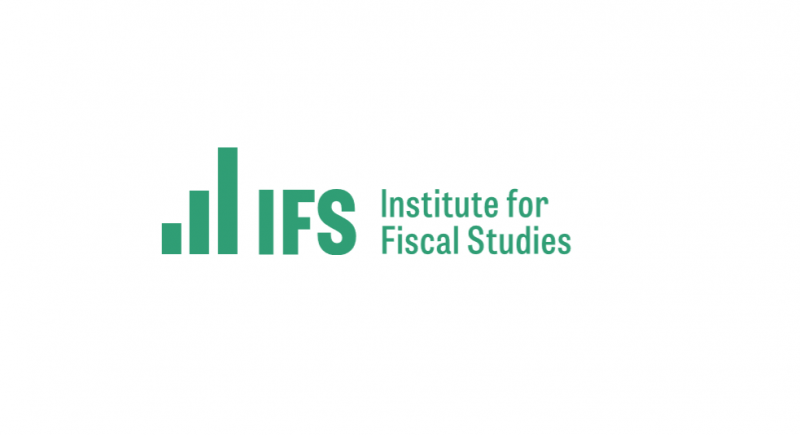
The impact of economic disadvantage
The link between economic disadvantage and educational underachievement permeates every stage of a young person’s education. …

We believe that everyone should have the opportunity to access the benefits Higher Education can provide.
The benefits of Higher Education are well-studied and numerous, and include greater life-satisfaction, higher-achieving children, lower unemployment and increased earnings.
A recent report showed that, overall, 80% of students are likely to gain financially from attending university. Among state-educated students, those from the poorest 20% of families see the biggest percentage increase in income at age 30 from attending university, with a 31% increase for women and a 7% increase for men (Institute for Fiscal Studies, 2021).
There are significant gaps in income between socio-economic groups, with those from lowest-income families earning considerably less than those from the most well-off, but these differences are smaller among graduates than non-graduates. This implies that Higher Education helps to even out earning differences between socio-economic groups.
A university degree is likely to be a good investment for all groups, but especially for students from the lowest-income families.

In 2020, graduates earned on average £9,500 more than non-graduates.
Read the report here
Women from the most disadvantaged families who participated in HE earn £10k more. Men from the most disadvantaged families who participated in HE earn £5k more on average by age 30.
Read the report hereOur work is based upon sound public research into both the need for our work and the effectiveness of our approach. Find out more about the barriers young people are facing below.

The link between economic disadvantage and educational underachievement permeates every stage of a young person’s education. …

Where young people are growing up in the UK affects their opportunities and life chances.

Young people from disadvantaged neighbourhoods are significantly less likely to progress to university or any further education, employment or training than their more privileged peers.

Early intervention is key in breaking down barriers to education and encouraging young people to think about their futures before their attitudes towards study become fixed.